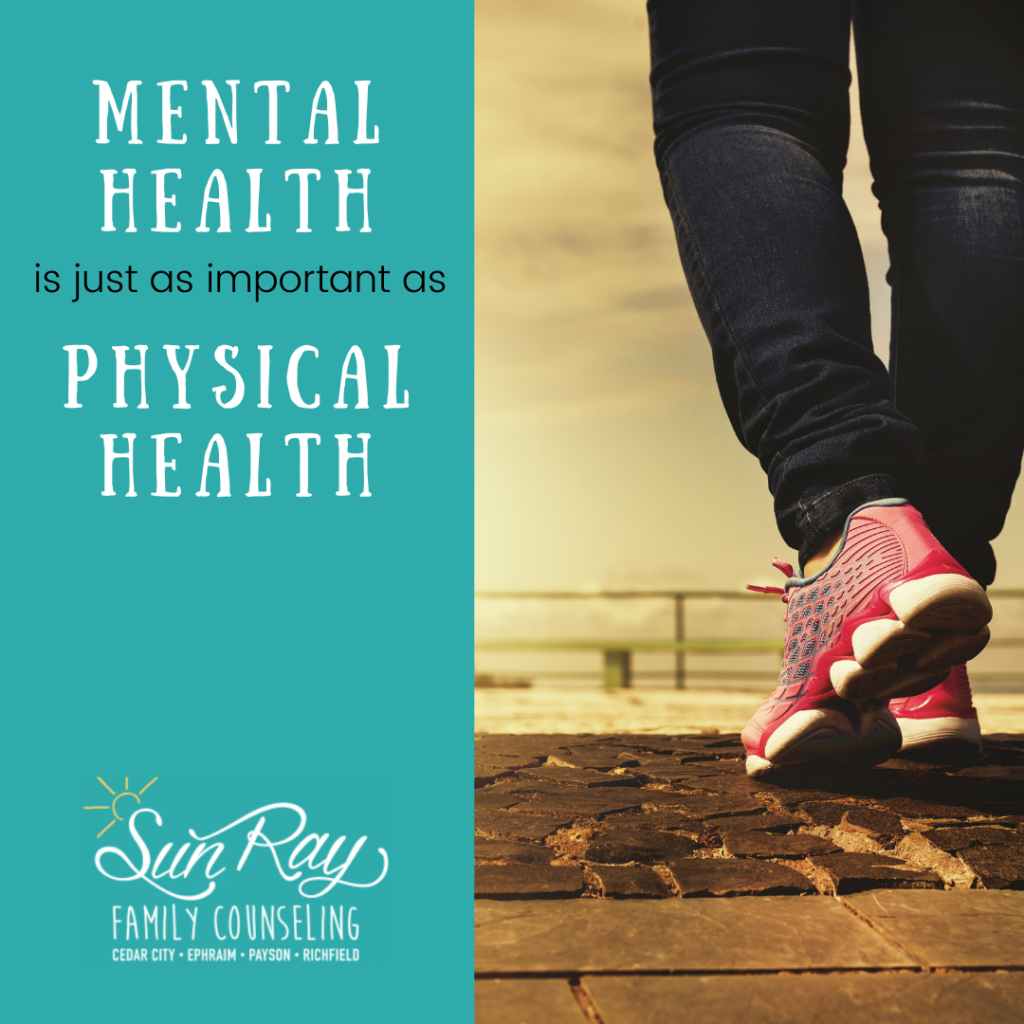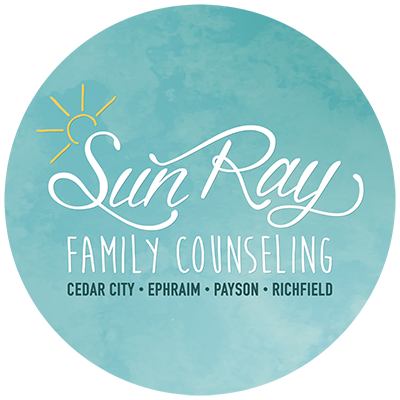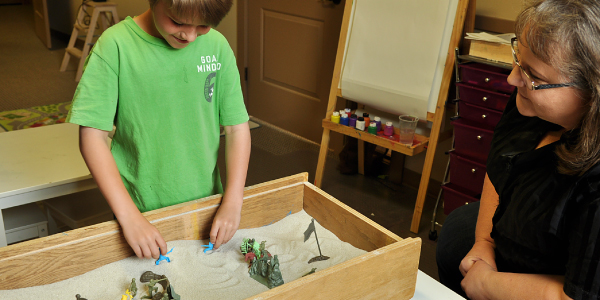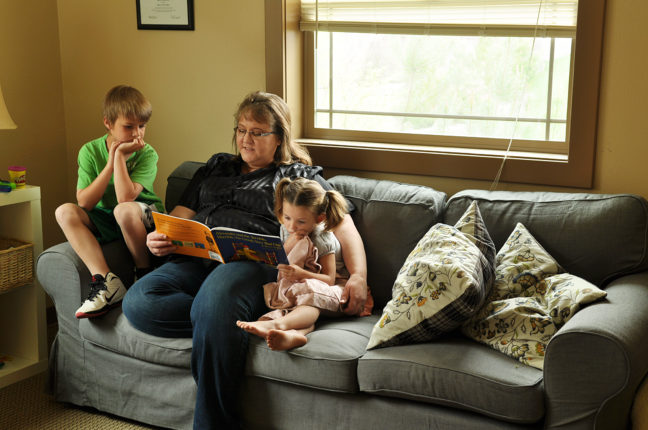- When my partner complains, I feel unfairly picked on.
- My partner’s negativity is too intense, too much, too out of proportion.
- I think it’s very important to determine who is at fault.
- I feel like I don’t get credit for all of the positive things that I do.
- When my partner complains, I feel like I am being attacked.
- There’s no stopping me once I get started.
- I don’t complain until I feel hurt.
- When I bring up a problem, I try to convince my partner that I am right.
- My spouse can be pretty arrogant at times.
- I get fed up with all of the negativity.
- I try to make general points instead of talking about one specific action or behavior.
- I can’t think of much that I admire in my partner.
- I can’t help feeling that there’s a lot of stupidity in my partner’s behavior.
- When my partner is upset with me, I think of all the ways that I let down the relationship.
- I am fed up with all of the negativity, and I wish my partner would change.
- When I am hurt in an argument, I think about ways to get even.
- My partner’s moods are so exagerrated and out of control.
- I hate it when our discussions stop being rational.
- I often withdraw and find it difficult to look my partner in the eye.
- When we have a big argument, I usually threaten to leave.
- I disapprove of my partner’s behavior.
- I often think, “I don’t have to take this kind of treatment.”
Did you answer “Yes” to any of these questions?
If you answered “Yes” to 3 or more of these questions, there may be significant barriers to communication in your relationship. If you have a score of 5 or more, you and your partner may be engaging in behaviors that routinely damage your relationship.
What makes these behaviors so hurtful is that it’s so easy for them to become bad habits. They interfere with a couple’s communication, and create a continuing cycle of discord and negativity. Together, the couple creates a narrative in their minds that says, “You don’t care about me.” Eventually you stop reaching out to your partner, fearing that you will be rejected or hurt once more.
Please call to further asses your marriage with a free marriage check up appointment or call to schedule a couple’s session.
